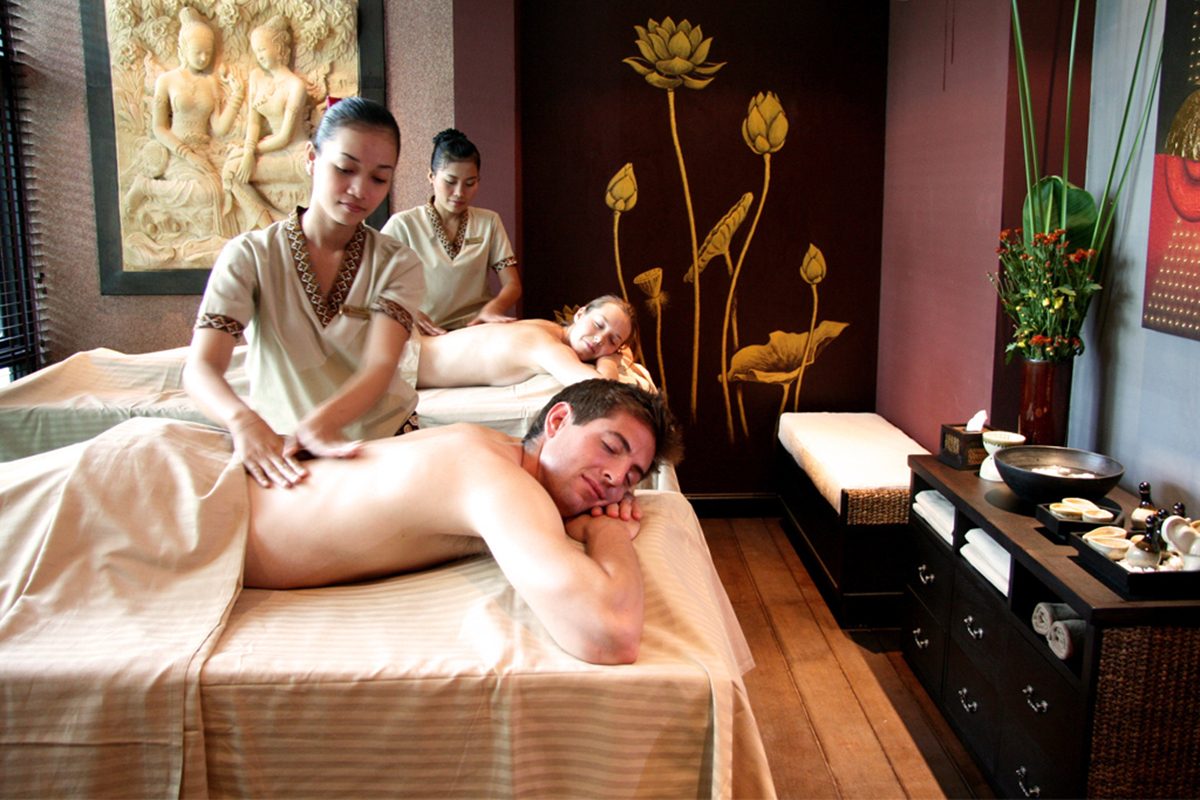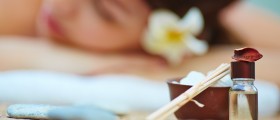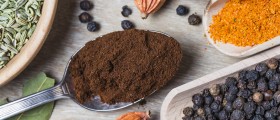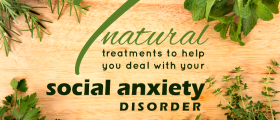
AnxietyAnxiety is a feeling of nervousness, apprehension, fear or worry. Anxiety is actually reaction to stress. When stress and anxiety become extreme, affected person can suffer in various ways. Anxious people usually have unjustified fear and worries about their family members, health, job and other things. They also tend to anticipate some tragedy. Anxious people have such feelings because of their negative thinking and can be equally worried about the things that are beyond their control.
Symptoms of Anxiety
Anxiety is associated with following symptoms: increased heart rate, chest pain, nausea, fatigue, indigestion, frequent need to urinate, headache, upset stomach, trouble breathing, trembling, sweating, sense of choking, fear of dying, numbness or tingling, chills or hot flashes, being unable to think, muscle tension, inability to be still or calm, problems sleeping, dry mouth, feelings of panic and fear.
In anxiety attack, hormone adrenaline is released from the adrenal glands. This hormone is usually released in severely stressful situations that require either fighting or escaping from given situation. In such situation blood flow is diverted from the stomach and intestines to the hands and feet that are normally required for fighting or running away of something. This is responsible for trembling of hands and feet. Indigestion and dry mouth are caused by diverted blood from intestines and mouth. Blood flow also diverts from the front brain to the mid brain. Front brain controls logical thinking and the mid brain is responsible for survival mechanism.
Natural Cures for Anxiety
When you start feeling anxious, the first thing you should do is to breathe deeply. Deep breathing techniques and meditation can be very helpful in handling stressful situations. This will help you eliminate negative thinking and concentrate on the next task.
You must have full night sleep in order to rest your body and keep it relaxed. Physical exercise can aid in dealing with anxiety. Cardiovascular exercises are particularly recommended as well as jogging, walking, bicycle riding, swimming, and yoga.
If you are anxious try using aromatherapy. Aromatherapy includes therapy with essential plant oils. Essential oils of lavender, rose, jasmine or sandalwood can be added to massage oils or bath oils to keep you relaxed.
Another vital thing is food that you eat. When you are under stress, you require more nutrients. Diet that is low in proteins and rich in carbohydrates, promotes anxiety. This applies to low water intake as well. Preservatives and additives in food can also encourage anxiety. To reduce anxiety, increase intake of milk, cheese, eggs, cauliflower, peas, beans, lentil, turkey, spinach, cabbage, lamb and chicken. These foods are rich in magnesium, biotin, folic acid, pantothenic acid, niacin, zinc and vitamins B1, B2, B6 and B12.
Additionally, herbs you may use to control your anxiety are Dandelion leaves, Passion flower, Siberian ginseng and Ashwagandha.
















Your thoughts on this
Loading...